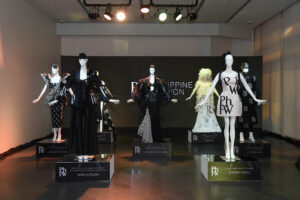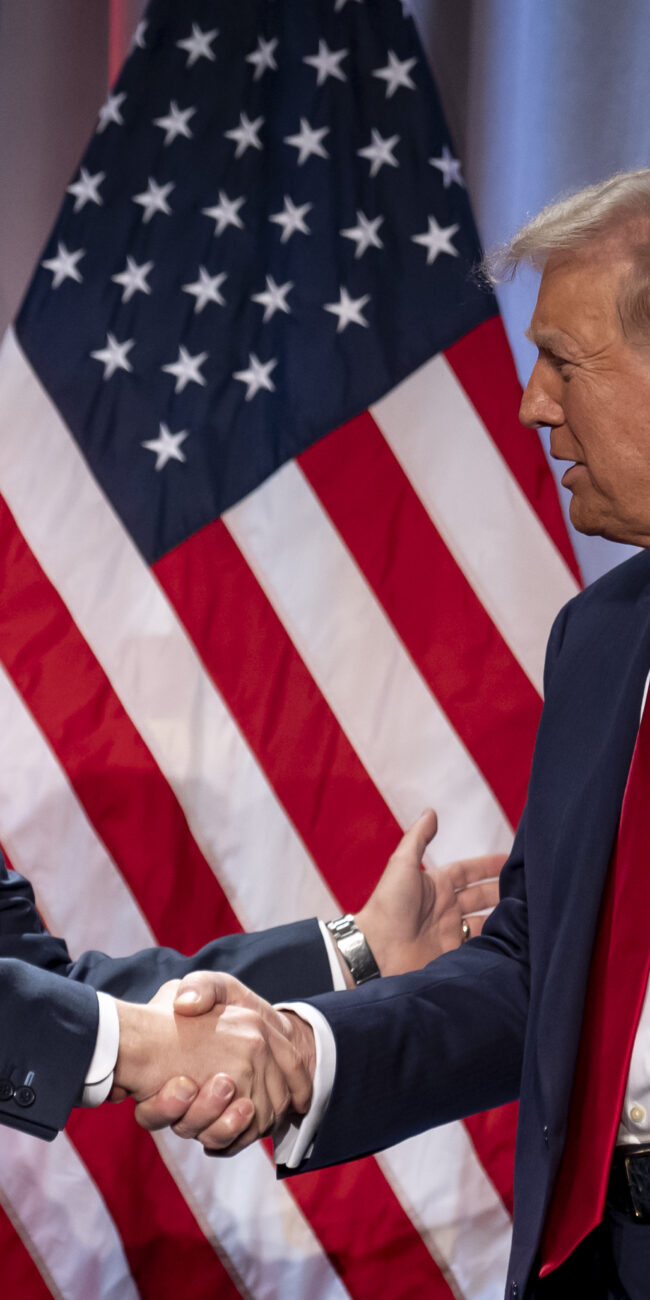
The return of Philippine Fashion Week
PHILIPPINE FASHION WEEK (PFW), an institution that has been around since the 1990s, had to take a break along with the rest of the world during the COVID-19 pandemic, which shut down most runways in 2020 and beyond. Prior to that, Philippine Fashion Week had already been reduced to showing in smaller venues, compared to the large extravaganzas held in convention centers in years past. In its wake, other institutions had taken up its mantle to be the premier platform for designers to show off their latest collections.
On Oct. 23, at the Ayala Museum, Philippine Fashion Week announced its return, with ambitions to turn even bigger than they were before. Aside from staging the usual runway shows, they presented plans to become a business incubator in seven sectors, namely: fashion, dining, beverages (wine and spirits), home, travel, arts and entertainment, and wellness.
“Philippine Fashion Week unfurls its wings from staging fashion events to offering new platforms for… incubating and launching fresh ideas in seven business segments in categories where style is most intrinsic,” said PFW Chief Vision Officer, Nikky Nicandro III in a speech. “Our new website will be business-centric. We would enable designers and collaborators to sell via our e-commerce site.”
Mr. Nicandro also said that they would collaborate with other fashion weeks of the world, while announcing an advocacy program for tailors, sewers, and other workers in the fashion industry, for them to be able to fill gaps in manufacturing.
Executive Producer Audie Espino, brother of PFC founder Joey Espino, said in a speech, “For the 25-plus years, that’s another book that we have finished. We are doing the sequel.”
Some designers already confirmed their presence at the new Philippine Fashion Week via displays during the event, showing off pieces on mannequins. They include Jerome Salaya Ang, Nina Ricci Eleazar, Jaggy Glarino, Jober’t Cristobal, Amir Sali, Ulysses King, and Cherry Veric.
Founder Joey Espino had not confirmed the dates for next year, and according to him, the shows themselves would be held on different stages, depending on the clothes and the audience. As for the number of days, this depends as they’re still adding designers to the list: “That doesn’t mean they’re the only ones who will present,” Mr. Espino told BusinessWorld.
Mr. Espino talked about why he feels the need for them to return: “Everyone is getting activated. I guess the effects of the pandemic have gone. The Filipino designers are now more ready.”
Speaking about the various fashion events that have popped up since their pause, he says, “From the very beginning, I started focusing on what would be best for everyone. I guess that’s what our country needs. I’m happy that fashion is active with all these other things happening, because at the end of the day, we have to make things all alive and kicking. I think they’re doing that share.”
He also discussed the delicate balance between art and business in fashion, and how that shapes the industry, and in turn, how it shapes this enterprise. “The pandemic has been a good eye-opener, and everybody learned their lessons. Seeing the journey with Philippine fashion, fashion shows were treated like entertainment, or meant to be talked about.
“Without the sales, without the money, people couldn’t do collections… the bottom line is business. If they don’t sell, they wouldn’t be able to do anything next.” — Joseph L. Garcia

